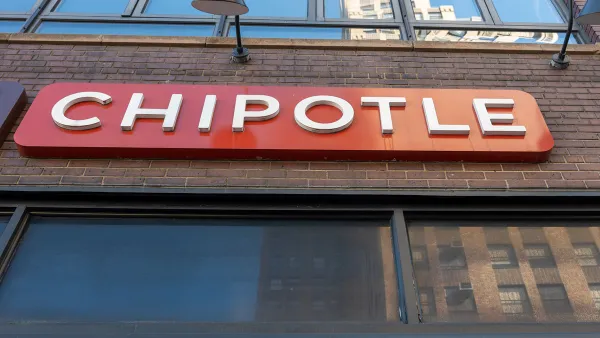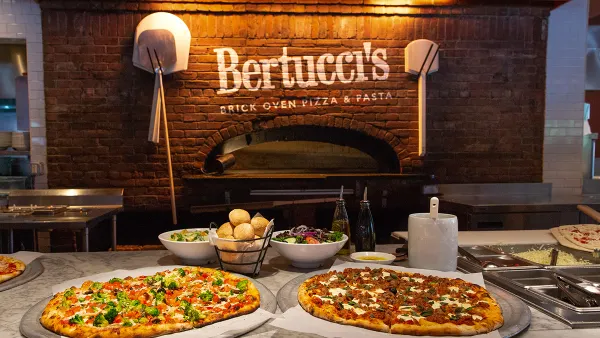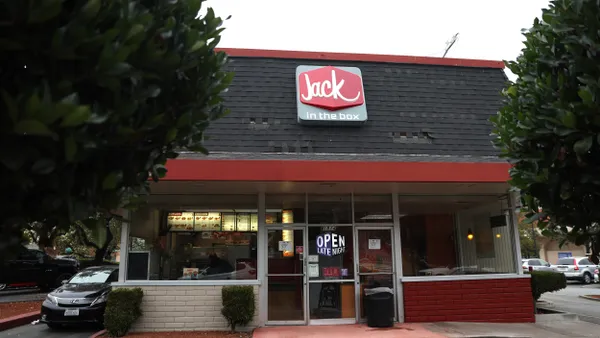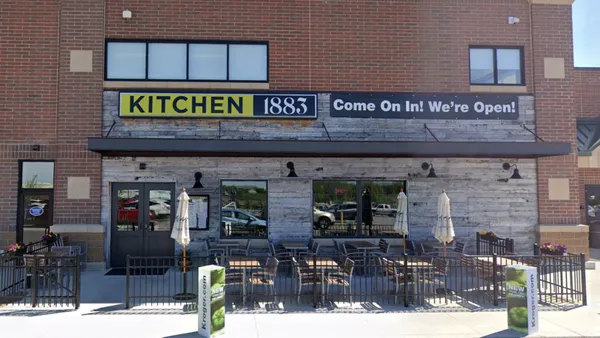Dive Brief:
- The National Restaurant Association Educational Foundation received a $4.5 million grant from the U.S. Department of Labor to develop model training and job placement programs for young adults who are currently incarcerated or who were recently incarcerated, according to Restaurant Business.
- The National Restaurant Association Educational Foundation will work with the U.S. Department of Corrections, community groups and state restaurant associations to create the job training program, called Hospitality Opportunities for People Entering Society (HOPES).
- The program is being piloted in Boston, Chicago and Richmond and Hampton Roads, Virginia, where other programs — including Restaurant Ready and ProStart — exist.
Dive Insight:
The $4.5 million grant is the biggest NRAEF has ever received and its mission of creating employment opportunities for this largely untapped demographic couldn’t come at a better time. The restaurant industry is navigating challenging labor waters in the tightest job market in 50 years.
Compounding the issue is the anticipated growth of the food and beverage labor force, projected to increase by 14% between 2016 and 2026, faster than the average for all occupations according to the U.S. Bureau of Labor Statistics.
Chains from Dunkin’ to Starbucks have been hit hard by this labor shortage, and some units have even been forced to close because of it.
Restaurants have been getting creative to recruit and retain employment, adding new incentives such as mentorship programs, extended parental leave and more. But these efforts haven't made much of a dent. According to TDn2K, staff vacancies have reached a historic level, with more than one-third of chain restaurants reporting the issue in Q1.
Some chains are looking to non-traditional employees to fill the gaps. In April, McDonald’s partnered with AARP for a hiring push. According to the company, the collaboration will help connect the chain with a growing, yet underutilized workforce. In fact, the U.S. Bureau of Labor Statistics has named the 55-and-older population the fastest-growing segment of the workforce, projecting that 41 million older Americans will represent 24.8 % of the civilian workforce by 2024.
With the HOPES program in place, this will likely be another focus point for restaurants desperate for labor. The program specifically targets younger prisoners, which provides them a path to ease back into society, a critical need for this population. According to Restaurant Business, the unemployment rate for ex-offenders is about five times the rate for the general population. A study by the Manhattan Institute found that finding employment after getting out or prison reduces a return to criminal behavior. The study shows a 20% reduction in return to crime by nonviolent offenders, who make up the majority of incarcerated people.
The HOPES program also features hospitality apprenticeships for those who want to advance their careers, including management roles. In other words, it is providing an opportunity for these young adults to re-enter society and get back on track while also incentivizing them to move up. And while it may not provide enough workers to solve the massive labor shortage, it's at least a start.












